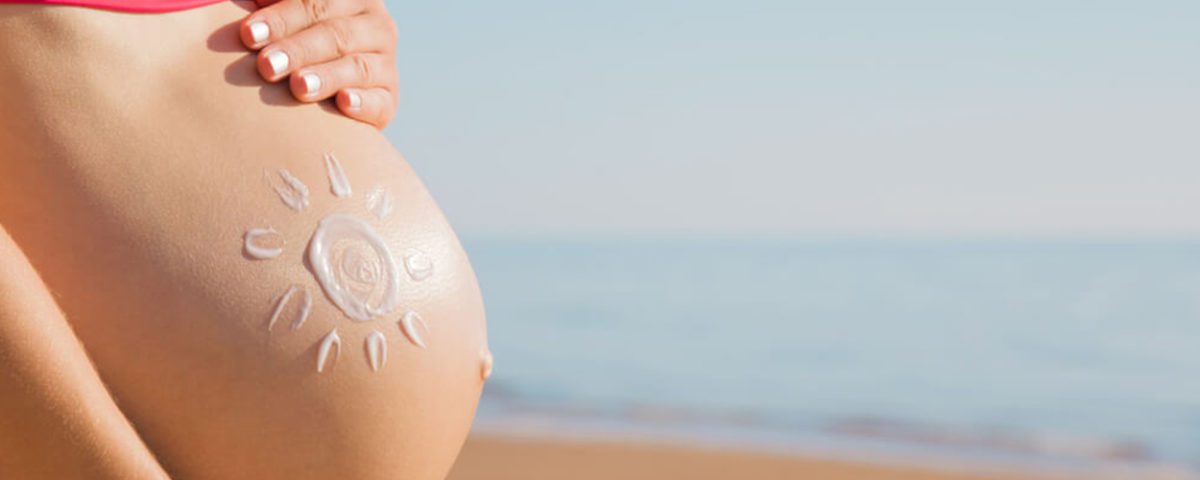During pregnancies that occur in the summer months, expectant mothers may want to swim, sunbathe, and enjoy the summer just as they do at other times. Sunbathing is enjoyable for everyone, but careless and unconscious sunbathing means exposure to dangerous ultraviolet rays. Changing hormone levels during pregnancy cause the expectant mother's skin to be more sensitive than usual. When this sensitive skin is exposed to the sun without awareness, it can lead to various illnesses and dangers.
Negative Effects of Unconscious Sun Exposure During Pregnancy
Increased hormone levels can make skin more sensitive, and prolonged direct sun exposure can cause sunburn. Because the skin reacts more strongly to the sun than usual, intense brown spots, known as pregnancy mask, may appear. Furthermore, excessive exposure to harmful sun rays increases the risk of skin cancer. Another harmful effect of prolonged sun exposure is dehydration and overheating. Dehydration and overheating can lead to contractions and birth defects.
Can pregnant women use sunscreen?
As with any period of life, sunscreens can be used during pregnancy to protect the skin from the harmful effects of the sun. Pregnant women can use sunscreens to protect themselves from sunburn and other dangerous sun conditions. However, the ingredients of sunscreens are crucial. Some sunscreens contain components such as oxybenzone, zinc oxide, or titanium dioxide, making them less safe for pregnancy. Many sunscreens contain harmful chemicals and should be avoided during pregnancy, so certain points should be considered when choosing a sunscreen during pregnancy. The essential features of a good sunscreen during pregnancy are as follows:
- Sunscreen should be chosen to suit the expectant mother's skin type.
- The cream should definitely contain UVA and UVB protection.
- It should be fragrance-free and free of parabens and alcohol.
- Sunscreen chosen during pregnancy should be easily absorbed by the skin and should not leave a residue.
- The cream must not contain oxybenzone in any way. Oxybenzone can cause developmental problems, birth defects, low birth weight, coronary heart disease, hypertension, and type 2 diabetes in infants.
- Water-based creams should be preferred.








